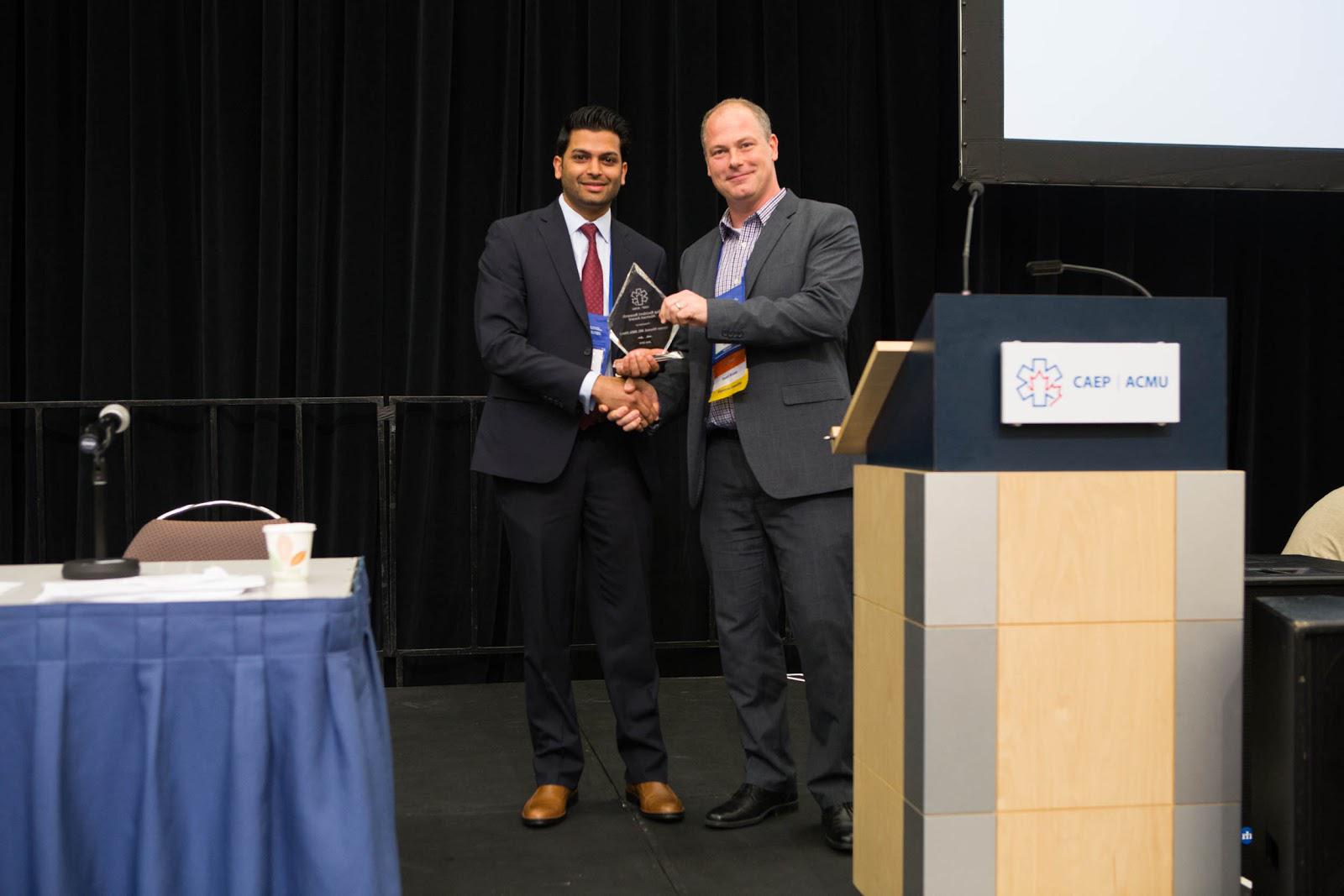
Research is an integral part of training in medicine and in the last 10 years, it has become a core competency in most residency programs. While intuitively we think of research as large randomized controlled trials (RCTs), like the use of aspirin for heart attacks, the majority of research in medicine isn’t done quite that way. It is a spectrum that spans from case reports to RCTs. Further, research principles have now become intertwined with management principles to create new fields such as Quality Improvement Research, currently a hot topic in medicine.
Why do I like doing research?
Intuitively, as a physician, we like harboring knowledge and applying it to solve our patients’ problems. The knowledge we use is often learned in medical school, or during residency training, and is acquired through textbooks, articles, seminars or teachers. Consequently, I found myself asking the question, “how is this knowledge generated?”. This is what sparked my interest and motivated me towards understanding knowledge creation in medicine. My interest in research helps me bridge the gap between creating knowledge and applying it to help patients. Fortunately, being a physician allows me to do both. Furthermore, creating and disseminating knowledge allows me to have an impact on thousands (if not millions) of patients simultaneously, which brings a sense of professional satisfaction.
How did I get involved in research?
I think at the very least, you need two things to get started in medical research. First, a clinical question you think hasn’t been answered yet (or not answered well). Second, a research mentor who can assist with navigating the field and provide you with guidance and exposure in research. The order in which you accomplish these tasks matters less. Often, a lot of learners struggle to find a clinical question that is suitable for research (and I’ve had my share of struggles), and often find a mentor first that is working on a clinical question that you are able to be part of. Furthermore, if you have a clinical question in mind, you may end up catering your mentor search to pick someone that is working on the same research topic. However, some mentors can often be a great resource even if not directly working on the same topic and still be able to provide valuable input in your project. The point being, you have to start somewhere!


